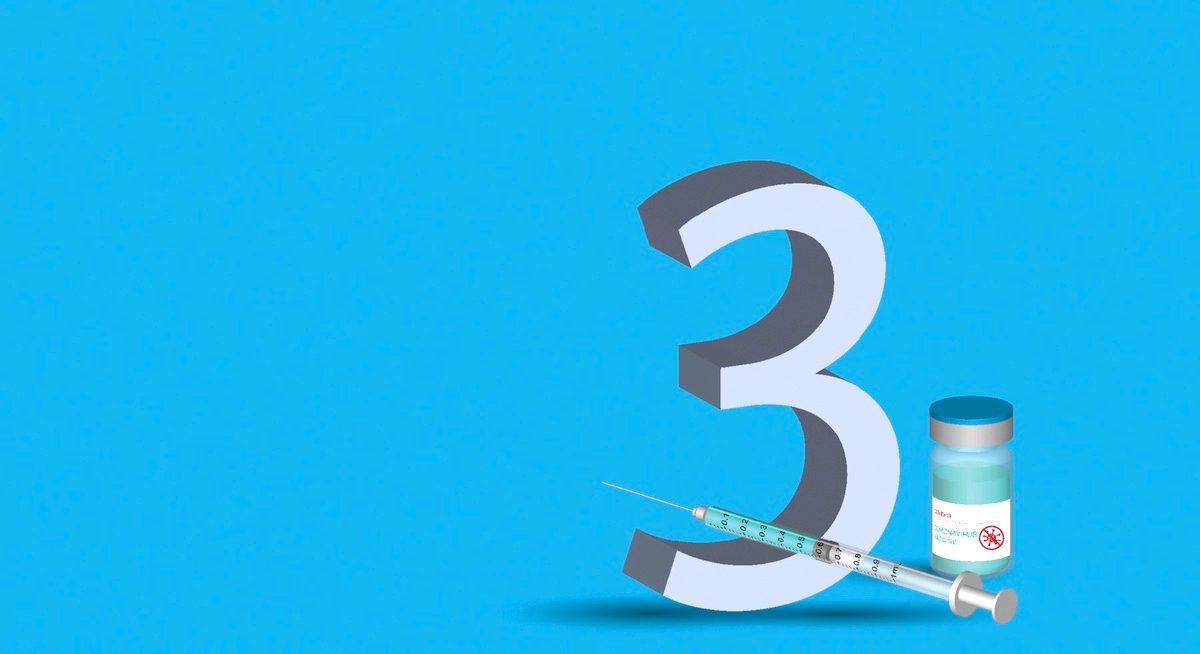After two and a half years into the world viral disaster, health experts and White House officials are pivoting and stating a Covid-19 vaccination conclusion: “The current approach of offering booster shots every few months isn’t sustainable.” Due to the critical need for the initial quickly developed vaccination to curb the drastic amount of deaths and hospitalizations at the onset of the pandemic, it now becomes apparent that these shots are not as successful as viral vaccines from the past. For instance, polio, mumps, and hepatitis shots have remained effective for years or even decades.
Wall Street Journal’s(WSJ) (June 18-19, 2022) article, written by S. Armour and L. Whyte, then asks the question “Can We Develop A Covid Vaccine That Lasts?” Even more alarming than the life expectancy of the current boosters, it has been discovered that the lack of full protection against infections hurts the efficacy of the shots as it gives the virus opportunity to mutate into more lethal and contagious strains. Dr. Anthony Fauci, director of the National Institute of Allergy and Infectious Disease states “Even our best vaccines don’t do a very good job of preventing infection and transmission. They do a good job protecting from severe disease.”
For the present time, the federal government is trying to update short-term boosters. Both Moderna and Pfizer are back in their labs tweaking their latest research. And the Food and Drug Administration is meeting on June 28 to discuss the best strategy for targeting this fall’s variants (new strains of the virus). In addition to these actions, vaccine researchers are targeting work to develop a longer-lasting vaccine that would both last for several years and would protect against infection. They are even in search of one that would be as easy to administer as a nasal spray.
In December, 2021, as the Delta variant was exiting, the Omicron variant, with its more than 50 highly contagious mutations (changes), came into play. It then became apparent that the protection provided by boosters appeared to diminish over a brief period of time. In fact, WSJ tells us “The effectiveness of the vaccines and a booster shot combined against the Omicron variant infection was less than 50% after 14 to 60 days.” In addition, the virus mutated in ways that helped it to evade immunity. It also caused breakthrough infections in patients that should have already been protected by natural immunity.
“It’s hard to know in advance how much protection a vaccine will offer and for how long” states Dr. Peter Marks, the director of the Center of Biologics Evaluation and Research within the Food and Drug Association. He continues “How long a vaccine will protect a person has to do with two major factors: How fast the disease is changing and how well immune systems remember it.” The Measles pathogen (germ) is a relatively stable virus which can give possibly a lifelong immunity, while the Flu pathogen, changes rapidly and needs research for its stronger strains each year. Our authors inform us “But most vaccines in the past have taken 10 years or more to develop; the vaccine for mumps, the fastest developed before Covid-19, took four years. It could take at least that long to make an entirely new vaccine widely available, especially without more U.S. funding ($18 billion from Operation Warp Speed has already been spent).” The World Health Organization reminds us that presently more than 350 Covid-19 vaccines are being developed globally with 161 vaccines having already begun human testing.
Unfortunately, however, the public’s interest in getting the boosters and vaccines has definitely waned in past months. Three quarters of American adults received the first series of vaccinations. Just half of those received the first booster. Only about a fifth of people between 65 and older (the high-risk age for dangerous Covid illness) then got the second booster. Our two authors conclude “Public frustration with frequent shots is both limiting booster uptake and sapping support for the pandemic response generally.”





